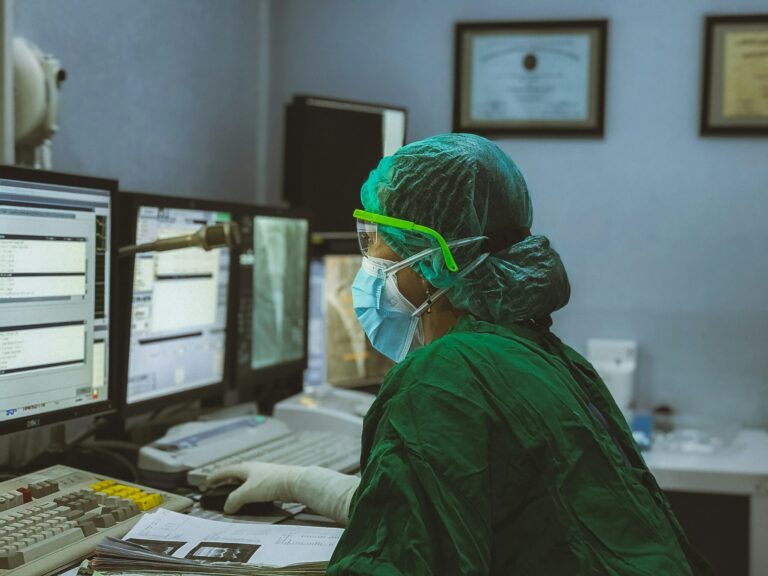
What you should know:
– A new study from Mount Sinai Hospital suggests artificial intelligence (AI) can significantly improve patient outcomes by predicting and preventing health decline. The research, published in Intensive care medicinefound that hospitalized patients receiving AI-generated alerts about potential deterioration in their health were 43% more likely to receive intensive care and significantly less likely to die.
– Traditionally, healthcare professionals have relied on manual methods like MEWS to predict patient decline. However, this study demonstrates that AI algorithms outperform these methods by prompting earlier intervention, which can save lives.
How the study worked
The nonrandomized study included more than 2,700 adult patients admitted to medical-surgical units at Mount Sinai Hospital. Patients were divided into two groups: one group receiving real-time AI alerts of potential deterioration (sent to nurses, physicians, or a rapid response team) and the other group where alerts were generated but not transmitted.
The intervention group saw significant improvements, including:
- Increased likelihood of receiving medications to support circulation, indicating earlier treatment by physicians.
- Reduced risk of death within 30 days of hospitalization.
“Real-time AI alerts demonstrably improve patient outcomes,” said David Reich, MD, president of Mount Sinai Hospital and lead author of the study. “These AI models act as accurate and timely decision support tools, ensuring the right team gets to the right patient at the right time.”
The Future of AI in Healthcare
The study, though halted early due to the COVID-19 pandemic, led to the deployment of a simplified AI system in Mount Sinai’s transitional care units, where patients are closely monitored after they leave intensive care. There, a team of critical care physicians examines the 15 patients with the highest predicted risk daily and makes treatment recommendations. As the algorithm is continually refined with more patient data, its accuracy improves through a process called reinforcement learning.
This research, along with the deployment of 15 additional AI-powered clinical tools at Mount Sinai, highlights the growing potential of AI in healthcare. By enabling earlier intervention and better decision-making, AI is poised to revolutionize patient care and save lives.


